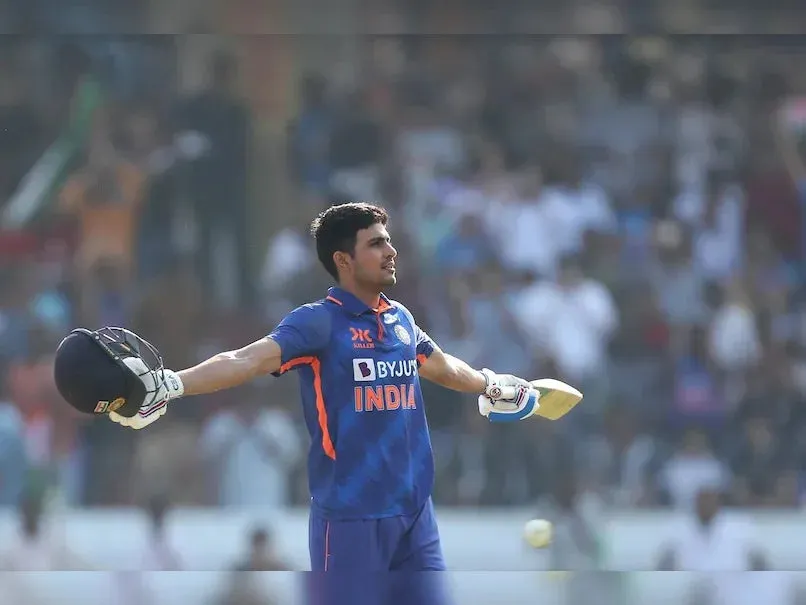
At Old Trafford, Manchester, Shubman Gill etched his name into cricket history by scoring his fourth century of the series, matching the rare feats of Sir Don Bradman and Sunil Gavaskar. The India skipper became only the third Test captain ever to achieve four centuries in a single series, marking his debut as Test captain with a record that has stood for decades.
Gill’s innings came under immense pressure on the final day of the fourth Test. India had collapsed to 0/2 in their second innings, staring down a massive first-innings deficit. Walking in with the game slipping away, Gill showed resilience and composure. Resuming overnight on 78*, he built a crucial 188-run stand with KL Rahul, grinding through England’s attack to give India a chance of salvaging the match.
He reached his hundred with a crisp cut through point, raising his bat with quiet determination. The 228-ball century carried more weight than most; it was not just a personal landmark but also a symbol of a young captain shouldering responsibility when it mattered most. This knock took his tally for the series past 700 runs, making him only the third Indian to cross that milestone in a single series.
The achievement placed Gill in elite company. Before him, only Bradman, during Australia’s 1947–48 series, and Gavaskar, in the 1978–79 West Indies tour, had scored four centuries as captain in a single series. For Gill, still in his first outing as India’s Test leader, it was a monumental statement of intent and skill.
Yet the moment of glory was short-lived. Just as India began to believe in a rescue, Gill fell for 103, edging a Jofra Archer delivery to the slips. The dismissal was a significant blow to India’s fightback, leaving them precariously placed at 223/4 and still trailing England’s massive lead. His exit underscored the thin line between heroics and heartbreak in Test cricket.
This century added to a stunning run in the series. Gill had opened his captaincy stint with a hundred at Headingley, followed by a towering double-century and another hundred at Edgbaston. With the Manchester knock, he became the youngest Indian captain to score four centuries in a single Test series and reinforced his reputation as the backbone of the batting lineup.
While the result of the match still hung in the balance, Gill’s effort carried significance beyond the scoreboard. It showed his ability to handle pressure, to anchor a team in crisis, and to join the ranks of cricket’s most iconic names. For Indian cricket, this was more than a record; it was the arrival of a leader capable of blending class with grit on the toughest stage.

